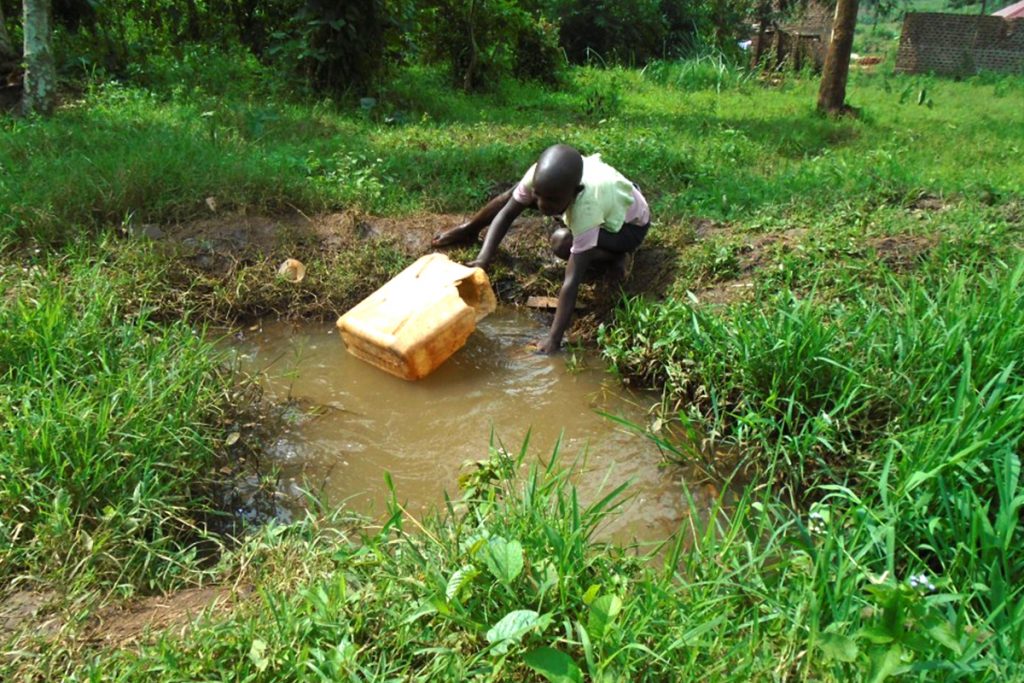Common Fund for Commodities

Grants and loans for the production and marketing of agricultural and natural resource commodities
Principal Office: International
The Common Fund for Commodities (CFC) is an inter-governmental financial institution which supports developing countries to improve and diversify their production and trade of commodities.
Projects supported by CFC aim to achieve poverty alleviation through the socioeconomic development of commodity producers and processors. CFC’s projects are intended to favor commodity producers in the least-developed countries.
Grant Programs for Agriculture, Energy, Environment, Natural Resources
Support for commodity production and marketing. CFC’s projects cover a wide range of commodities, with about 40 in the agricultural sector (broadly defined) and three in minerals.
The Fund supports a broad range of partners. Recipients of past CFC grants include research organizations in the agricultural and minerals sectors; government agencies for agriculture, fisheries, and forests; industry associations (e.g., for coffee, sugar, tea, cocoa, cotton, dairy, timber, minerals, etc.); and foundations and NGOs at regional, national, and local levels. CFC also collaborates financially with a number of United Nations agencies.
APPLICATION: The CFC announces calls for proposals. Potential applicants study the submission guidelines.
Applications are presented in two stages. The initial application describes the proposed intervention, details about the organization submitting the proposal, and supporting information. The CFC invites detailed proposals from successful applicants in the first stage.
Applicants must be able to provide matching resources (cash and in-kind) equal to at least half of the project costs.
The CFC posts calendar deadlines for applications.
Geographical Distribution of Grant Activities in Developing Countries
The developing country member states of the CFC are identified below.
Southeast Asia and Pacific Islands: Indonesia, Laos, Malaysia, Myanmar, Papua New Guinea, Philippines, Samoa, Thailand
East Asia: China, North Korea
South Asia: Bangladesh, Bhutan, India, Maldives, Nepal, Pakistan, Sri Lanka
Eurasia and Central Asia: Afghanistan
Eastern Europe and Russia: Russia
Middle East and North Africa: Algeria, Egypt, Iraq, Kuwait, Morocco, Saudi Arabia, Syria, Tunisia, United Arab Emirates, Yemen
Sub-Saharan Africa: Angola, Benin, Botswana, Burkina Faso, Burundi, Cameroon, Cape Verde, Central African Republic, Chad, Comoros, Congo, Cote d’Ivoire, Dem Rep of Congo, Djibouti, Equatorial Guinea, Ethiopia, Gabon, Gambia, Ghana, Guinea, Guinea-Bissau, Kenya, Lesotho, Madagascar, Malawi, Mali, Mauritania, Mozambique, Niger, Nigeria, Rwanda, Sao Tome and Principe, Senegal, Sierra Leone, Somalia, Sudan, Swaziland, Tanzania, Togo, Uganda, Zambia, Zimbabwe
Latin America and Caribbean: Argentina, Brazil, Colombia, Costa Rica, Cuba, Ecuador, Guatemala, Haiti, Honduras, Jamaica, Mexico, Nicaragua, Peru, Trinidad and Tobago, Venezuela
The CFC shows examples of funded projects.
The world’s principal International Commodity Bodies (ICBs) are the following:
- Food and Agriculture Organization — Commodities and Trade Division (bananas; citrus fruit; fish trade; grains; hard fibers; hides and skins; meat and dairy products; oil seeds, oils, and fats; rice; tea; tropical fruits)
- International Cocoa Organization
- International Coffee Organization
- International Copper Study Group
- International Cotton Advisory Committee
- International Grains Council
- International Lead and Zinc Study Group
- International Network for Bamboo and Rattan
- International Nickel Study Group
- International Olive Oil Council
- International Rubber Study Group
- International Sugar Organization
- International Tropical Timber Organization
Grant seekers who focus on specific commodities or sectors may find it worthwhile to explore information and potential contacts with these ICBs.
The headquarters of the CFC are located in Amsterdam. The Secretariat is small, and CFC has no regional offices.
